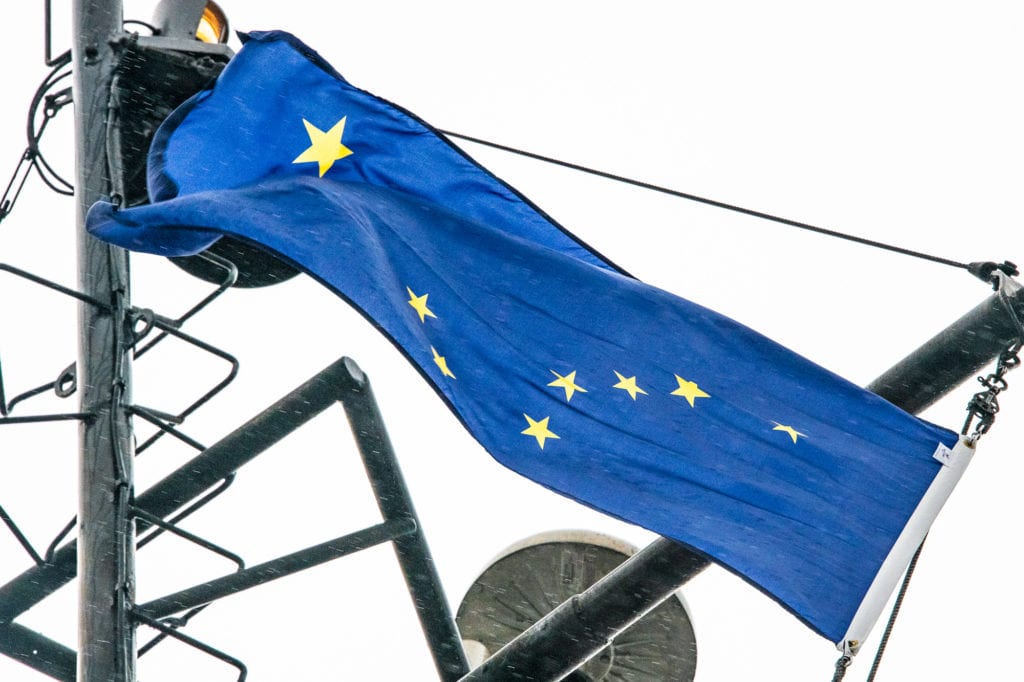
By Norm Wooten
For The Cordova Times
At long last, a legislative session like no other seems to have ended – or maybe not! After lasting nearly seven months, it’s easy to be a bit hazy on the details of how it unfolded, so here’s a quick recap.
The session began with the House unable to organize and taking two weeks to come up with a majority coalition made up of Democrats, Republicans and non-affiliated representatives.
Soon after the opening gavel dropped, the governor alleged that the forward funding of education was unconstitutional, as was the one-time appropriation of $20 million for FY19.
The administration introduced a revised budget that slashed the previous year’s appropriations and touched almost every program within state government. As promised during the campaign, it contained a $3,000 PFD.
The Legislature countered by introducing their own budget that contained some reductions, but nowhere near those proposed in the administration budget. Following transmittal of the Legislature’s budget to the governor, he exercised line item vetoes of a magnitude never seen in the history of our state.
The Legislature, needing a three-quarter super-majority to override the governor’s vetoes, was unable to muster the votes for an appropriation bill.
A second special session began on a raucous note. It was called by the governor with the agenda limited to the PFD and specifying that it would convene in a Mat-Su school gymnasium. The Legislature pushed back and convened in Juneau in the capitol. However, the House minority along with some Republican senators gathered in Wasilla. Additionally, a number of legislators were absent for a variety of reasons.
At last! With a full slate of legislators in attendance, the third special session convened in Juneau and forwarded a budget to the governor. Then, as if there could be any more complications, a recall petition for the governor was initiated with signature gathering events around the state. Soon after, the governor retreated from several of his vetoes.
With the withholding of supplemental education funding and allegations on the constitutionality of education forward funding, the Legislature authorized the Legislative Council to file a lawsuit against the administration, citing violations of the separation of powers.
The second session of the 31st Legislature is shaping up to be even more contentious than the previous session. The governor has indicated there will be additional reductions in the next budget. He has issued a contract with the King Economics Group to study the school foundation formula.
During the first session a number of bills were introduced and were heard by committees of referral. However, the Legislature was so tied up with the budget that almost no legislation was voted out of committee.
The most important take-away from this session for citizens is the realization that your voices matter.
In a press release, the governor explained his reasons for restoring early education funding, stating, “So, once we laid out that budget and we made reductions, we started to get feedback from the state. All different groups and individuals. We didn’t dismiss any of that feedback at all. We listened. We had conversations with parents, we had conversations with agency workers, we had conversations with legislators.”
The voices of Alaskans also had a powerful impact on lawmakers last session. Many legislators remarked that their offices had been flooded with thousands of constituents emails and calls. which helped to guide their actions. The point is, public input matters.
You are constituents and elected officials; school board members, council members, assembly members, and legislators. All are elected to represent you. Effective advocacy is about relationships. Developing relationships with your legislator is not about visiting their Capitol office once or twice a year. It is about interactions within their home district, getting to know them, and helping them get to know you.
Now is the time school boards and individual citizens to reach out to legislators, before the session gets underway. Be prepared to talk about your community educational priorities. Provide them a copy of your strategic plan. Review student achievement data. Let them know how the FY20 budget is going to affect your children, grandchildren, nieces and nephews.
For the sake of your students, you have an obligation to educate legislators who represent your community about your schools and your students, and prepare them to stand up for students in your district.
If you don’t – who will?
Norm Wooten is the executive director of the Association of Alaska School Boards.





